What’s going on with me? Understanding differences between Baby Blues, Postpartum Depression, and Postpartum Anxiety
You’ve made it through pregnancy, but you’re not feeling how you expected. You were so excited about motherhood and imagined a more seamless transition into your new role, but you’re feeling more emotionally spent and are doubting that you can handle this. It's important to recognize that the postpartum period, often referred to as the "fourth trimester," can also bring its own set of emotional challenges. This emotional rollercoaster is often due to hormonal fluctuations, sleep deprivation, and the challenges of adjusting to parenthood. But how do you know if it’s the baby blues or something more serious?
The baby blues usually happens within a few days following delivery, affecting up to 80% of people after childbirth. It’s usually triggered by major fluctuations in our hormones and adjusting to a new routine. Although this period feelings uncomfortable, the baby blues typically stop after two weeks.
Symptoms of baby blues can include:
Sadness
Irritability
Crying spells
Worry
Difficulty concentrating
Fatigue
Anxiety
Mood changes
So what happens if these feelings last longer than a few weeks? How do you know if you’re experiencing postpartum depression or anxiety? Some helpful factors to look out for in addition to duration is severity.
With the baby blues, the highs and lows you’re experiencing are stressful but not debilitating. The baby blues can go away on their own. However, with postpartum depression and anxiety, the symptoms begin impacting your daily functioning. You might feel disconnected from your partner or struggle to bond with your baby.
Postpartum depression is common, affecting 1 in 7 women. It may occur anytime during the first year postpartum, and symptoms are more intense, lasting longer than two weeks, nearly every day.
Common experiences of postpartum depression include:
Changes in appetite
Social isolation
Loss of interest in things you previously enjoyed
Guilt and shame
Difficulty focusing and concentrating
Difficulty falling and staying asleep
Difficulty taking care of yourself or your baby
Feeling hopeless or helpless
Suicidal thoughts
While anxiety can often come hand in hand with depression, postpartum anxiety is characterized by overwhelming worrying, racing thoughts, and persistent fear that impacts your quality of life.
Common experiences of postpartum anxiety:
Scary thoughts of harm coming to your baby
Feeling on edge or a sense of dread
Worrying that doesn’t subside with reassurance
Difficulty sleeping due to racing thoughts
Trouble with making decision
Panic attacks
The baby blues, postpartum depression, and postpartum anxiety are challenging to cope with, regardless of how many times you've gone through the postpartum experience. If you or someone you know is struggling with symptoms of postpartum depression or anxiety, know that there is support available. By getting the help you need, you can take better care of yourself, manage your stress more effectively, and learn the skills and techniques you need to adjust.

